In the rapidly evolving digital landscape, social media has become an indispensable tool for businesses. However, with the rise of online engagement comes the increasing risk of legal challenges, such as drive social media lawsuit. These lawsuits, often rooted in issues like data privacy breaches, copyright infringements, and defamation, can have severe consequences for businesses. This article explores essential strategies to safeguard your business from such legal pitfalls.
Understanding the Risks of Drive Social Media Lawsuits
Drive social media lawsuit typically arise from conflicts related to the misuse of personal data, unauthorized content sharing, and misleading advertisements. Businesses that fail to comply with data protection regulations or engage in deceptive practices are at high risk of being targeted. The recent high-profile case involving Drive Social Media underscores the importance of adhering to legal standards in online activities. Companies need to be vigilant in their social media strategies to avoid falling into similar traps.
Also Read: How to Legally Dismiss a Debt Lawsuit in 5 Easy Steps
Implementing Robust Data Privacy Practices
One of the primary triggers for drive social media lawsuit is the mishandling of user data. To protect your business, it’s crucial to implement stringent data privacy practices. Ensure that your company complies with regulations like the General Data Protection Regulation (GDPR) and the California Consumer Privacy Act (CCPA). Regularly audit your data collection, storage, and processing methods to guarantee that user information is secure and used only with explicit consent.
Businesses should also be transparent about their data usage policies. Clearly communicate to users how their data will be utilized, and provide easy options for them to manage their privacy settings. This transparency not only builds trust with your audience but also serves as a safeguard against potential legal action.
Crafting Clear and Compliant Social Media Policies
A well-defined social media policy is a critical tool for mitigating legal risks. This policy should outline acceptable behaviors for both employees and external partners when engaging with social media on behalf of your business. It should also specify procedures for content approval, crisis management, and legal compliance.
For instance, your policy might include guidelines on the proper use of copyrighted materials and the importance of citing sources. Additionally, it should address how to handle user-generated content, ensuring that your company respects intellectual property rights and avoids unintentional violations.
Ensuring Transparency in Influencer Partnerships
Influencer marketing is a powerful strategy, but it comes with its own set of legal challenges. The Federal Trade Commission (FTC) requires clear disclosure of any paid partnerships between brands and influencers. To avoid lawsuits, make sure that all influencer collaborations are transparent. Influencers should use hashtags like #ad or #sponsored prominently in their posts, and both parties should adhere to the terms outlined in their contracts.
A well-drafted contract should detail the responsibilities of the influencer, including content deliverables, timelines, and the usage rights of the produced content. This not only protects your business from legal disputes but also ensures a smooth and professional relationship with influencers.
Monitoring and Enforcing Intellectual Property Rights
Intellectual property (IP) is a valuable asset for any business, and protecting it on social media is essential. Regularly monitor online platforms for unauthorized use of your trademarks, logos, and other IP. If you discover infringements, act swiftly by issuing cease-and-desist letters or taking legal action if necessary.
Registering your trademarks with relevant authorities provides an additional layer of protection, making it easier to enforce your rights in court. Additionally, consider using trademark monitoring services that alert you to potential infringements as soon as they occur, allowing you to address issues before they escalate.
Preparing for Social Media Crises
In the event of a legal challenge or public relations crisis, having a crisis management plan in place is crucial. This plan should include immediate steps such as pausing all outgoing content, consulting legal experts, and issuing a public statement to address the issue transparently.
Effective crisis management not only helps mitigate legal risks but also protects your brand’s reputation. By responding swiftly and appropriately to a crisis, you can maintain customer trust and prevent the situation from spiraling out of control.
Staying Informed and Adapting to Legal Changes
The legal landscape surrounding social media is constantly evolving. To protect your business, it’s essential to stay informed about the latest regulations, case law, and industry best practices. Regularly update your social media policies and strategies to reflect these changes.
Consider conducting periodic training sessions for your team to ensure they are aware of the latest legal requirements and understand how to comply with them. Staying proactive in this way can help you avoid costly lawsuits and keep your business on the right side of the law.
Also Read: Crocs Lawsuit: Shoes Shrinking Class Action Moves Forward
Conclusion: Proactive Measures are Key
Safeguarding your business from drive social media lawsuit requires a proactive approach. You can significantly reduce your risk of legal challenges by implementing robust data privacy practices, crafting clear social media policies, ensuring transparency in influencer partnerships, protecting your intellectual property, preparing for crises, and staying informed about legal changes. These strategies not only protect your business but also build trust with your audience, setting the stage for long-term success in the digital age.
By following these guidelines, businesses can navigate the complex legal environment of social media with confidence, ensuring that they remain compliant and protected in an increasingly litigious landscape.
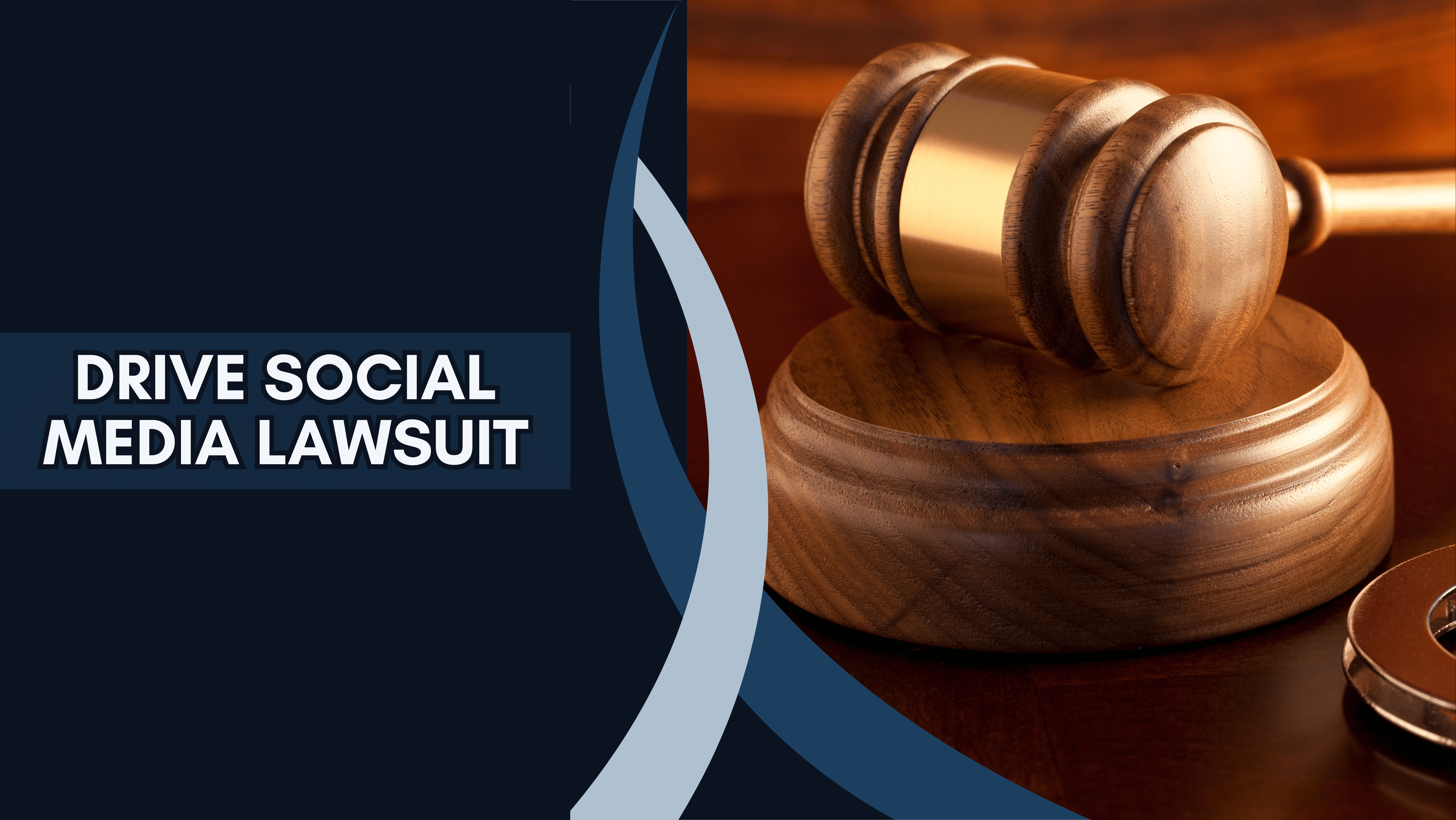
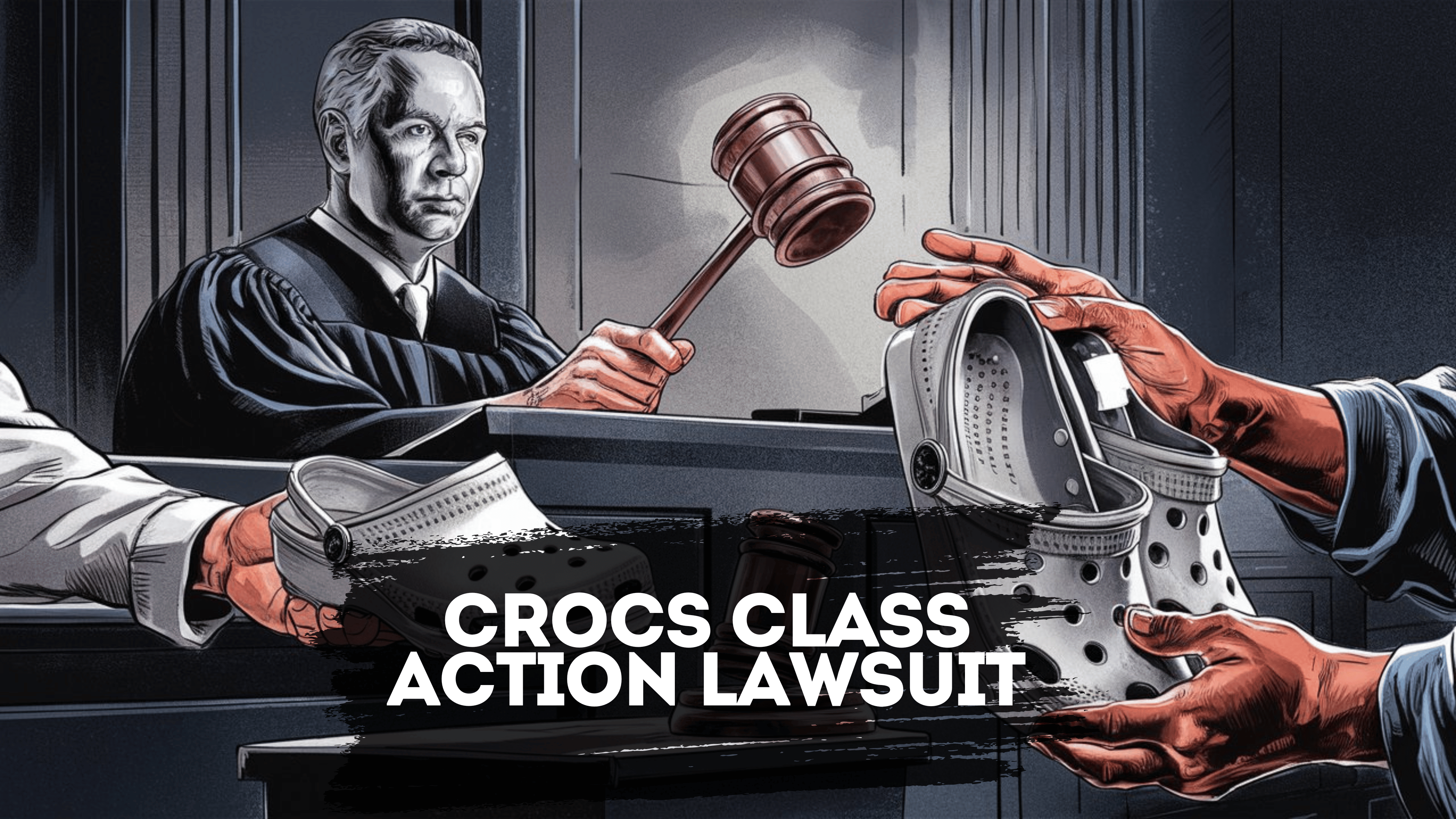

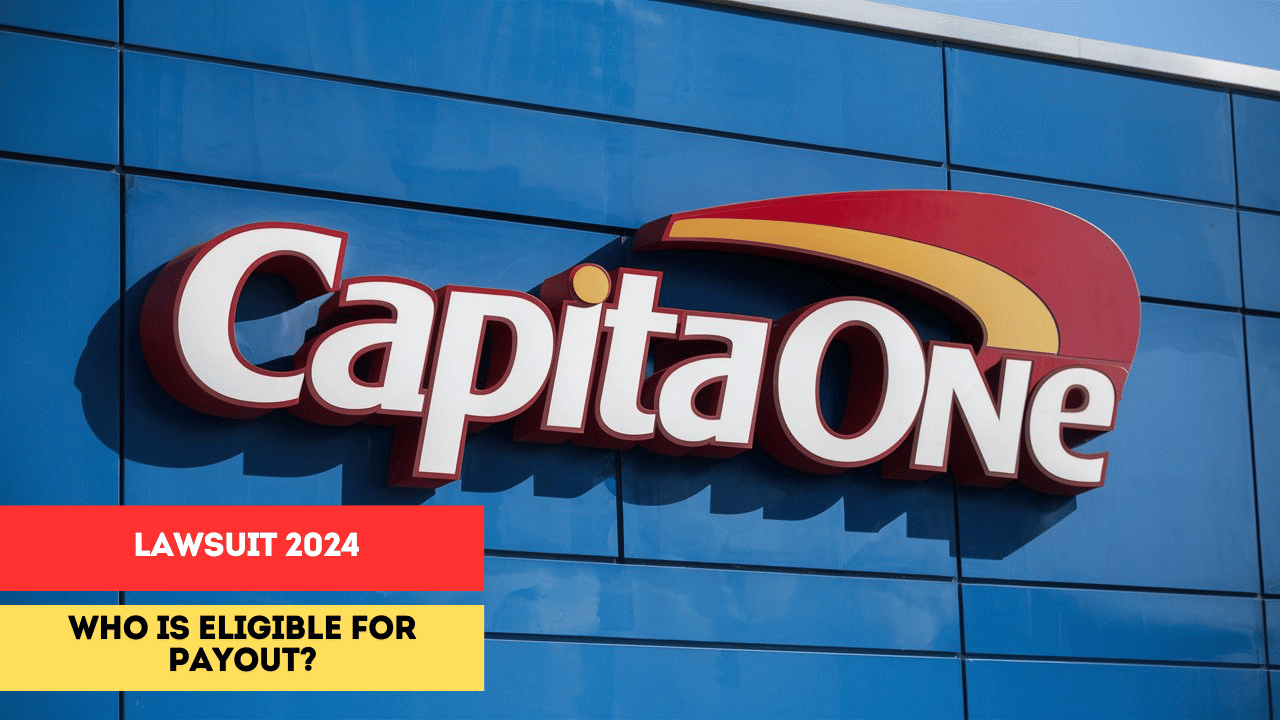

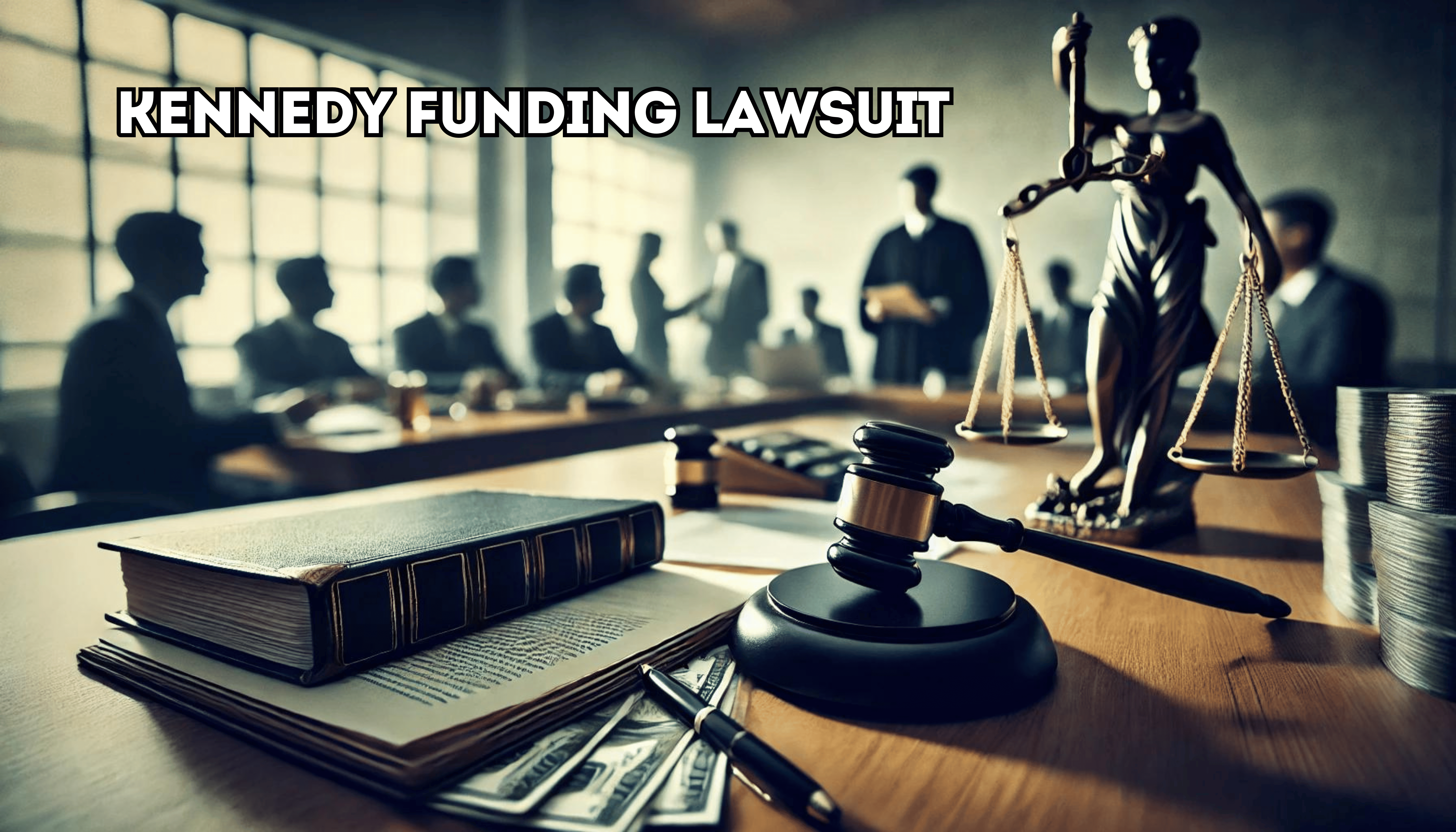
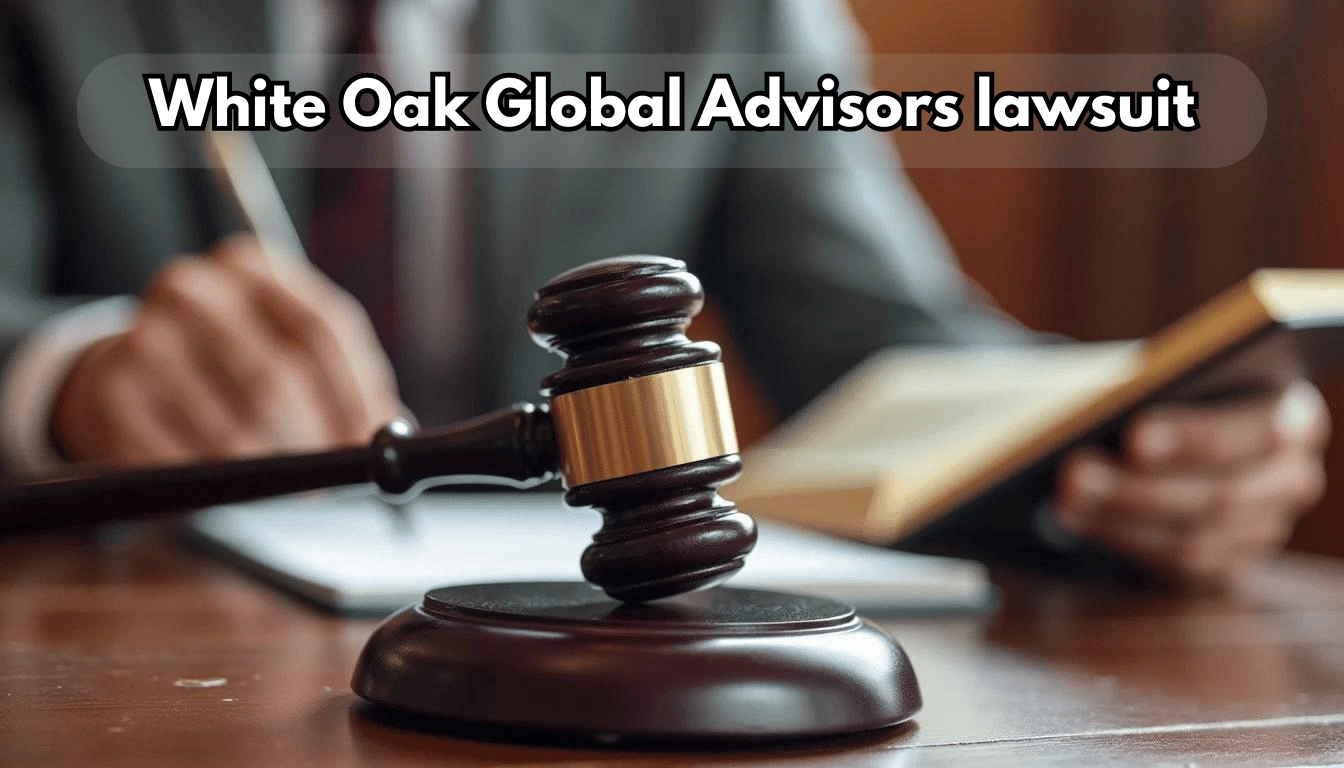
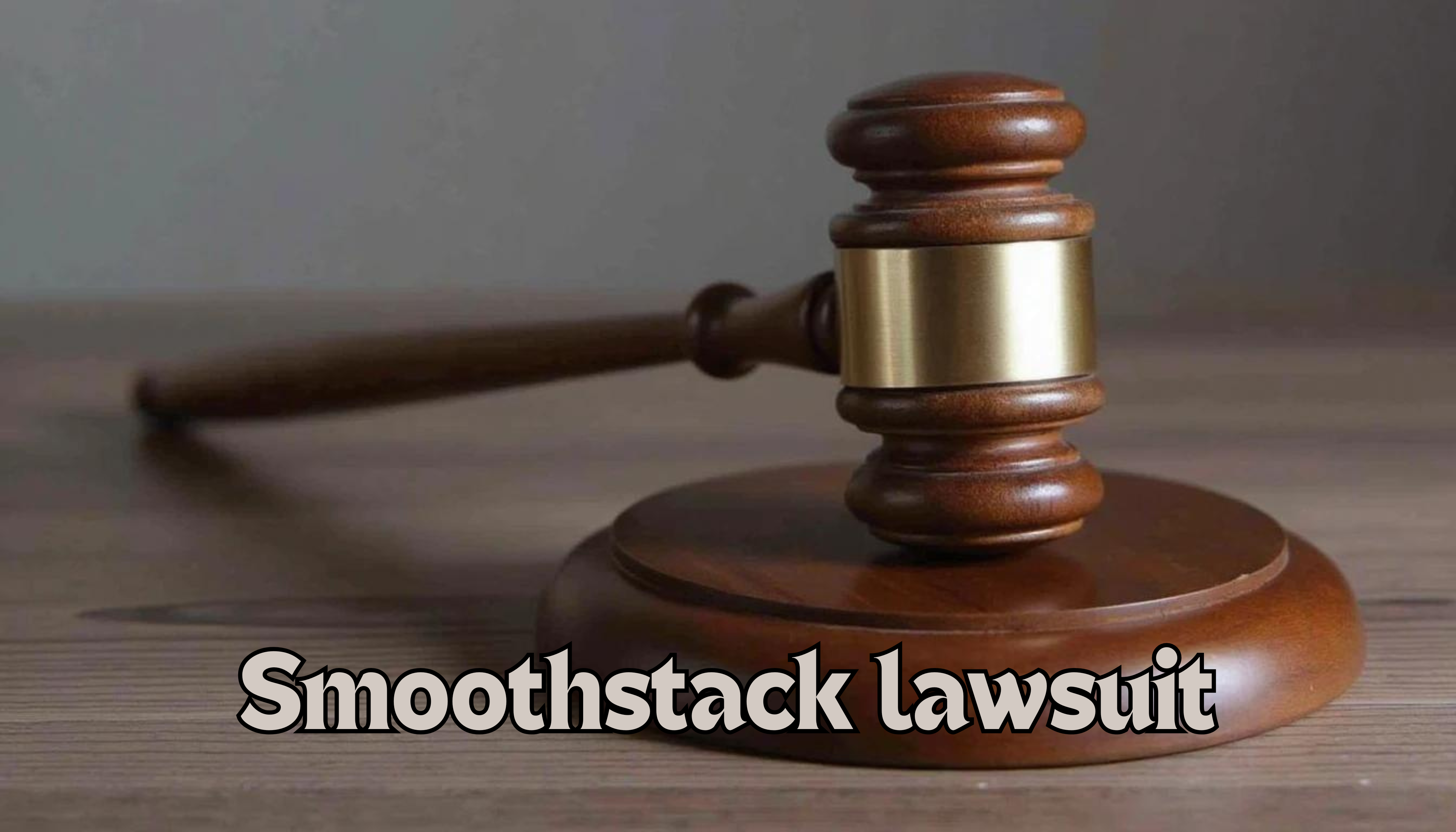






Leave a Reply